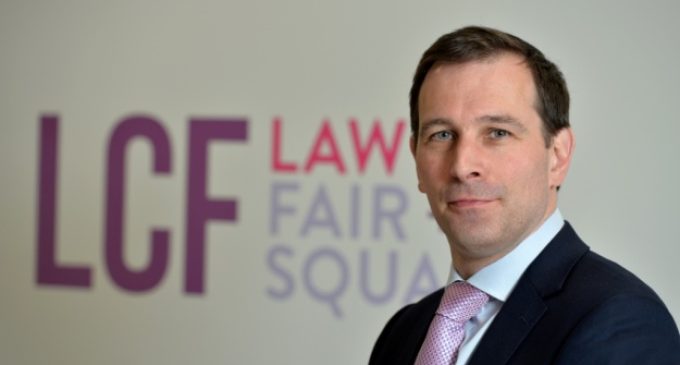Manufacturers and importers warned of more red tape ahead as new deadline looms

European manufacturers exporting to the UK, and UK importers, must brace themselves for further red tape and costs, as the deadline for compliance with the new quality control mark, UK Conformity Assessed (UKCA), looms. The new mark will replace the EU’s CE mark in the UK, to show that a product complies with health, safety, and environmental standards.
Digital, telecoms and commercial partner at LCF Law, James Sarjantson (pictured), said: “There is a bit more breathing space now that the deadline for compliance with the new UKCA mark, which is replacing the EU’s CE mark in the UK, has been pushed back from its original deadline of January 2023 to 31 December 2024.
“Nevertheless, manufacturers and importers should use this time to take action to ensure their products comply with the new rules, in time for the new deadline. Despite many hoping that leaving the single market would remove EU red tape, changes like these are in fact creating more hoops for businesses to jump through.
“As well as the introduction of the new UKCA mark, the new UKNI mark will also be used on some products in Northern Ireland, so it’s important that everyone understands what they mean and when they should be used.
“The CE acronym stands for Conformité Européene, which translates as European Conformity. Essentially the CE marking on a product show that the manufacturer has checked that the product meets relevant EU laws and allows the free movement of the product within the European market.
“The regime only applies to those products subject to specific EU directives requiring CE marking, such as hot-water boilers, refrigerators, measuring instruments, PPE, pressure equipment and toys.
“The exact process manufacturers need to follow depends on the directives that apply to their products, but generally a relevant manufacturer is obliged to carry out a conformity assessment, issue the Declaration of Conformity (DoC), and place the CE marking on the product. Some EU directives require an authorised third party, or a notified body, to be involved in the conformity assessment procedure for CE marking.
“Now that the UK has left the EU, a new product UKCA marking has been introduced for goods being placed on the market in England, Wales and Scotland.
“The UKCA regime covers most goods which previously required the CE marking; however, as before, manufacturers and importers will need to check the specific legislation that applies to their goods.
“To allow businesses time to adjust, CE marked goods can continue to be placed on the market in Great Britain until 31 December 2024, whilst EU and UK requirements remain the same, which is currently the case, and there are no plans to diverge – although that could change and needs to be continually monitored.
“From 1 January 2025, UK manufacturers and importers into the UK will need to use the UKCA marking rather than the CE marking, although government guidance states that the new marking should be implemented as soon as possible.
“However, the flip side of the new post-Brexit British rules, is that the UKCA marking will not be recognised in the EU or Northern Ireland. This means products currently requiring a CE marking for sale in the EU will continue to need a CE mark.
“The position in Northern Ireland is different because it is affected by the Northern Ireland Protocol, which means that territory still aligns with EU rules. Therefore, the UKCA marking cannot be used for goods sold in Northern Ireland.
“The existing CE marking can continue to be applied to goods in Northern Ireland in certain circumstances. However, manufacturers and importers using a UK notified body to carry out mandatory conformity assessments need to apply a UKNI marking to the product to sell it in Northern Ireland. The UKNI marking cannot be used on its own and must always be used in conjunction with an EU conformity marking, such as the CE mark.
“Manufacturers and importers must act now to ensure they are ready for the deadline in December 2024. Getting legal advice and guidance is advisable, to make sure no laws are inadvertently broken.”



























